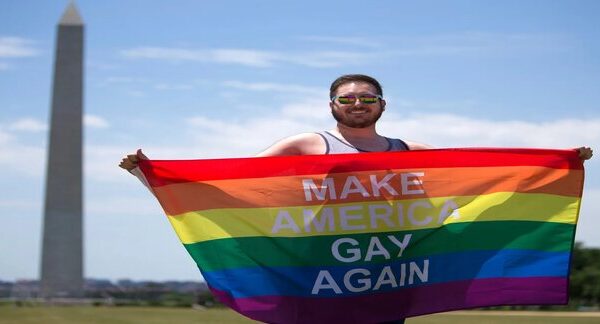President Trump’s Birthright Citizenship Order has stirred significant controversy. The executive order seeks to end automatic citizenship for children born in the United States to non-citizen parents.
This policy challenges the 14th Amendment and has sparked debates about legality, constitutionality, and the future of immigration in the U.S.
Families are turning to immigration attorneys for clarity, while legal experts predict a lengthy battle in the courts.
What Is the Birthright Citizenship Order?
Birthright citizenship, guaranteed by the 14th Amendment, grants U.S. citizenship to anyone born on American soil, regardless of their parents’ status.
This policy, established after the Civil War, was designed to overturn the Dred Scott decision and ensure equal rights for all.
The Birthright Citizenship Order aims to deny citizenship to children whose parents are undocumented, temporary residents, or non-citizens.
Critics argue that the order undermines the Constitution and violates the amendment’s clear language.
Rebecca Zietlow, a law professor at the University of Toledo, emphasized,
“The 14th Amendment states that all persons born or naturalized in the U.S. are citizens. This cannot be changed by an executive order.”
Legal Challenges to the Order
Legal experts and state governments have swiftly responded. California and Connecticut are among 22 states suing to block the order, claiming it’s unconstitutional.
“This is an assault on the rule of law,” said Matthew Platkin, New Jersey’s Attorney General.
Experts predict the case will end up in the Supreme Court but expect an injunction to delay enforcement. Amending the Constitution is no easy task.
It requires a two-thirds majority in Congress and approval from three-fourths of U.S. states, making the order’s implementation unlikely without significant political support.
How Families Are Preparing for the Impact
Immigrant families are deeply concerned about the potential effects of the Birthright Citizenship Order.
Immigration attorneys like Sandrine Lisk are advising clients to prepare for worst-case scenarios.
“Have a safety plan in place,” Lisk said. “This includes appointing someone to handle your children’s schooling, finances, and other responsibilities in case of detention.”
She also recommends “Know Your Rights Red Cards,” available in English and Spanish, to help individuals navigate encounters with immigration officers.
Community workshops have become a crucial resource. For example, the Immigration Support Services Network recently hosted an event to help families understand their rights under the new order.
Potential Fallout of the Birthright Executive Order
The order, if enforced, could impact millions of families.
- Children’s Status: U.S.-born children of undocumented parents could lose access to citizenship benefits like Medicaid and federal housing.
- Immigration Proceedings: Families may face greater risks, as children could no longer be presented as mitigating factors in deportation cases.
Bill Meyer, an immigration attorney, warned, “This move affects people of color disproportionately and undermines principles that have been in place for over 150 years.
Final Thoughts
The Birthright Citizenship Order has sparked a nationwide debate over immigration, identity, and constitutional rights.
While legal battles loom, families are urged to stay informed and prepared for potential changes.
As this issue unfolds, the future of birthright citizenship remains uncertain, but its importance to American identity is undeniable.








